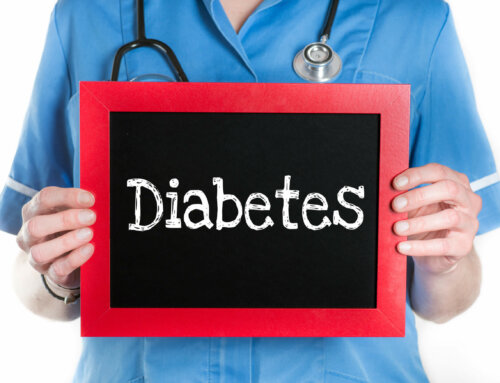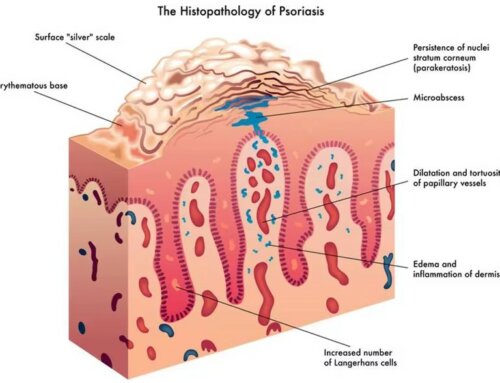The summer season can bring a relaxed feeling to our everyday lives whether we have diabetes or not. School is out for a number of weeks and family vacations become more frequent. We tend to spend more time outdoors and often cook on the grill. We would like to offer you some tips to boost your summer diabetes health!
- According to recent research and review of 180 papers “eating Omega-3 fatty acid foods can minimize the damaging effects of junk food on the brain.” By eating Omega-3 foods the brain is stimulated to control eating, learning and memory. It is stated that “Omega-3s play a significant role in stalling refined sugars and saturated fats which could otherwise inhibit the brain’s control on the body’s intake of food.” Omega-3 fish oils do not aid in shedding pounds, but can stop damage – including inflammation – created by sugar and fat intake. Omega-3 fatty acids also increase levels of adiponectin – a hormone which can lower your risk of heart disease by affecting metabolism, blood glucose regulation and systemic inflammation. Think about these selections when your summer grilling food list starts to take shape. Wild Alaskan salmon is one of the best sources of Omega-3 fish oils, with 2000mg per 6 ounce serving. Because it is rich in oils, it tends to stay moist even on the grill. Although more expensive and only seasonal, fresh Alaskan Wild salmon is much more desirable than farm-raised salmon. Think about buying frozen Alaskan fillets available year round. Canned Alaskan salmon can be shaped into burgers and placed on the grill at a cheaper cost, but with all the benefits. If salmon is not your favorite fish choice, substitute tuna (no more than 1-2 times a week due to mercury content) since it has 1500mg of Omega-3s in a 6 ounce portion. Pan-fried or grilled rainbow trout caught in lakes, rivers or farm-raised can provide 1700mg of Omega-3s. Think about starting your summer meal with an appetizer or salad that contains oysters (not fried) or sardines packed in olive oil – not soybean oil – for extra Omega-3s (up to 3000mg per 6 ounce serving). If you do not eat fish, try Omega-3 enriched eggs called Egg Land’s Best and make a tangy egg salad or vegetable/egg frittata (if you are on a reduced cholesterol program, consider only eating 3-4 egg yolks a week). Although not as high as fish, grass fed beef has a good amount of Omega-3’s with much less saturated fat than grain fed beef. All these foods are protein foods which have little effect on your blood sugar and help keep you satiated. Always remember portion control, even with protein, because all extra calories are stored as fat which ultimately raises blood sugars.
- When planning your BBQ think about sauces, gravies, salad dressings and condiments. Two (2) tablespoons of ketchup adds 8 grams of carbohydrate to your meal. BBQ sauce adds 12 grams, steak sauce adds 10 grams and chili sauce adds 10 grams – all 2 tablespoon serving sizes. Use them in moderation, or think about Walden Farms products that are all low in carbohydrates but high in flavor. Other condiments, including relish, contain sugar. Pickles and sauerkraut contain high amounts of sodium. Low fat products add salt and sugar for taste and low sugar products add salt and fat. Watch portion sizes carefully.
- Be careful of foods that come in packages, boxes, mixes or jars since they may contain added starch which is a carbohydrate. A ¼ of a cup of starch counts as 2 servings or 30 grams of carbohydrate. Check your products for corn starch, tapioca starch, modified food starch, wheat starch or potato starch. They are permissible if added in to your plan and used only occasionally. Even vinaigrette salad dressings have added sugars. If blood sugars are out of control 2 hours after a meal think about all these additions in your foods and it will make more sense to you.
You can get plenty of health benefits by making minor changes to your diet. Get going today so you can enjoy the summer months ahead!
NOTE: Consult your Doctor first to make sure my recommendations fit your special health needs.







Leave A Comment